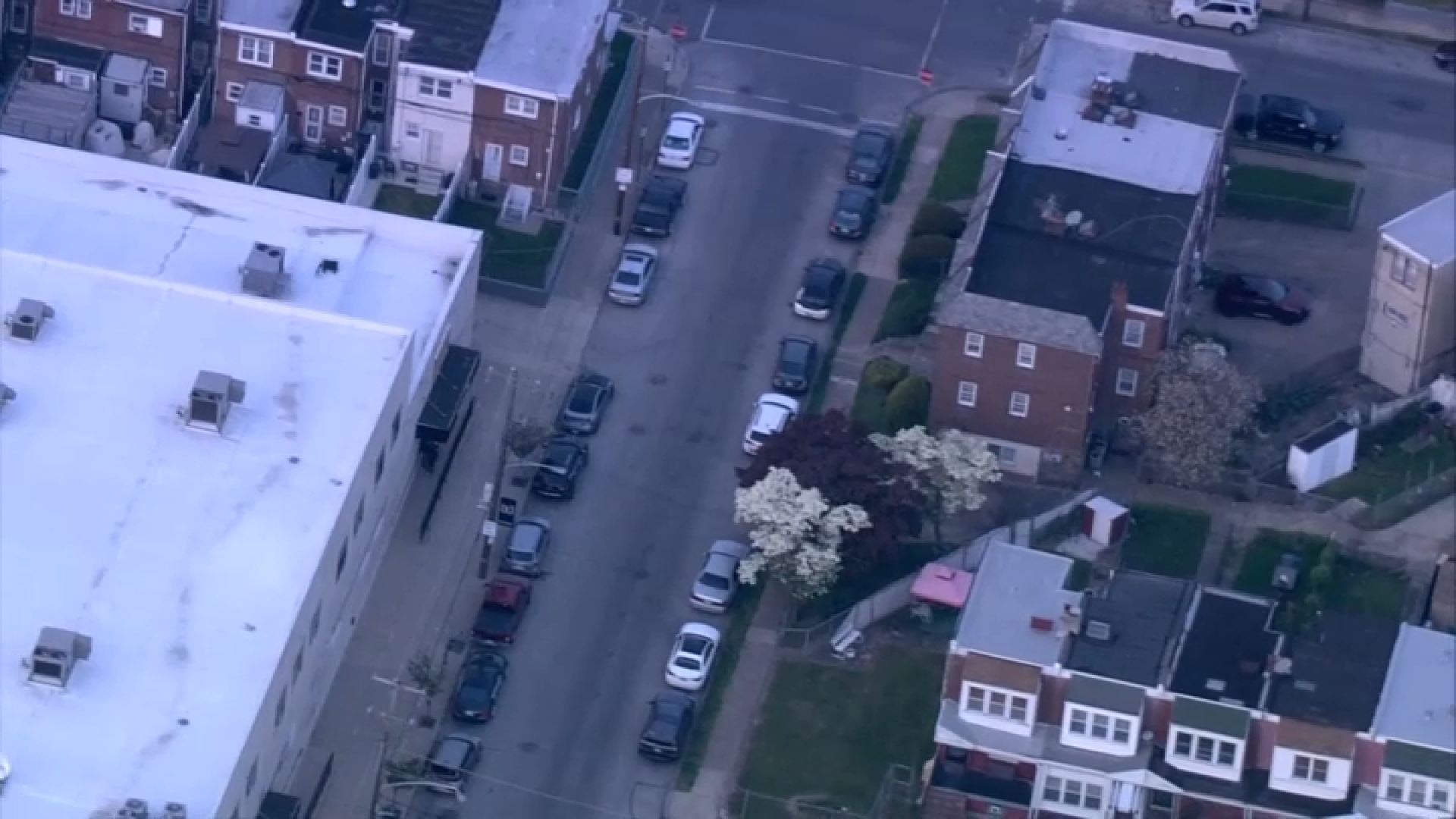Savannah Conley grew up reading dinosaur books and initially thought she might like to be a paleontologist, studying the fossil remains of creatures from long ago.
But receiving a metal detector for Christmas this past year and spending last week digging in the dirt at Horn Farm in Hellam Township have solidified another career aspiration for the 11-year-old.
"When I grow up, I want to be an archaeologist," Conley said.
Conley and several other students between ages 10 and 13 were part of the annual archaeology camp hosted by the York County Heritage Trust and the York County Department of Parks and Recreation. This year, the dig was located at the farm, around an outbuilding constructed in 1864 that was used as a kitchen.
Conley and another camper, Grace Rowcliffe, 12, were assigned to one of the seven 4-foot squares near the kitchen building to start digging, sifting through the soil with trowels over the course of several hours throughout the week.
Each square was overseen by a York County parks or heritage trust employee or staffer, who help students and also reiterate proper archaeological techniques, said Jeri Jones, program coordinator for the York County parks and recreation.
During the week, the group unearthed a brass skeleton key, a ring, a decades-old wrench, pieces to an old doorknob, fragments of broken pottery and numerous nails and metal pieces, oxidized beyond clear recognition.
Local
Breaking news and the stories that matter to your neighborhood.
Based on the metal pieces she and Rowcliffe had dug up so far, Conley said she thinks they might be excavating an old gate.
The campers also had mini-lessons that tie together the archaeology and the history surrounding the era in which the farm buildings were constructed, said Dara Kane, museum educator for the heritage trust.
Kane and Jones said history ties neatly with the archaeology, because the artifacts found only mean something when they're connected to historical context.
"They're part and parcel," Kane said.
Jones' work was just beginning once the camp finished on Friday: For every hour the students spent in the field, Jones and other staffers will spend three in the lab, going over the artifacts and writing a report on what was found.
Though students don't experience that part, Jones said he's talked with them about the process.
All of the artifacts will be returned to the farm for display, Jones said.
"I'm excited to see what they're digging up," said Jon Darby, incubator farms project manager at the site.
The farm's mission is to educate people about the history, present and future of agriculture, Darby said, and learning more about the site itself can help with that.
This is Savannah's first year at the camp, but several other campers are repeat archaeologists-in-training.
Mia Arcieri, 12, and Anna Lumsargis, 11, said they came back after last year because they enjoy the work and enjoy having a new experience in which they can meet new friends.
"You never know what you're going to find," Arcieri said.



